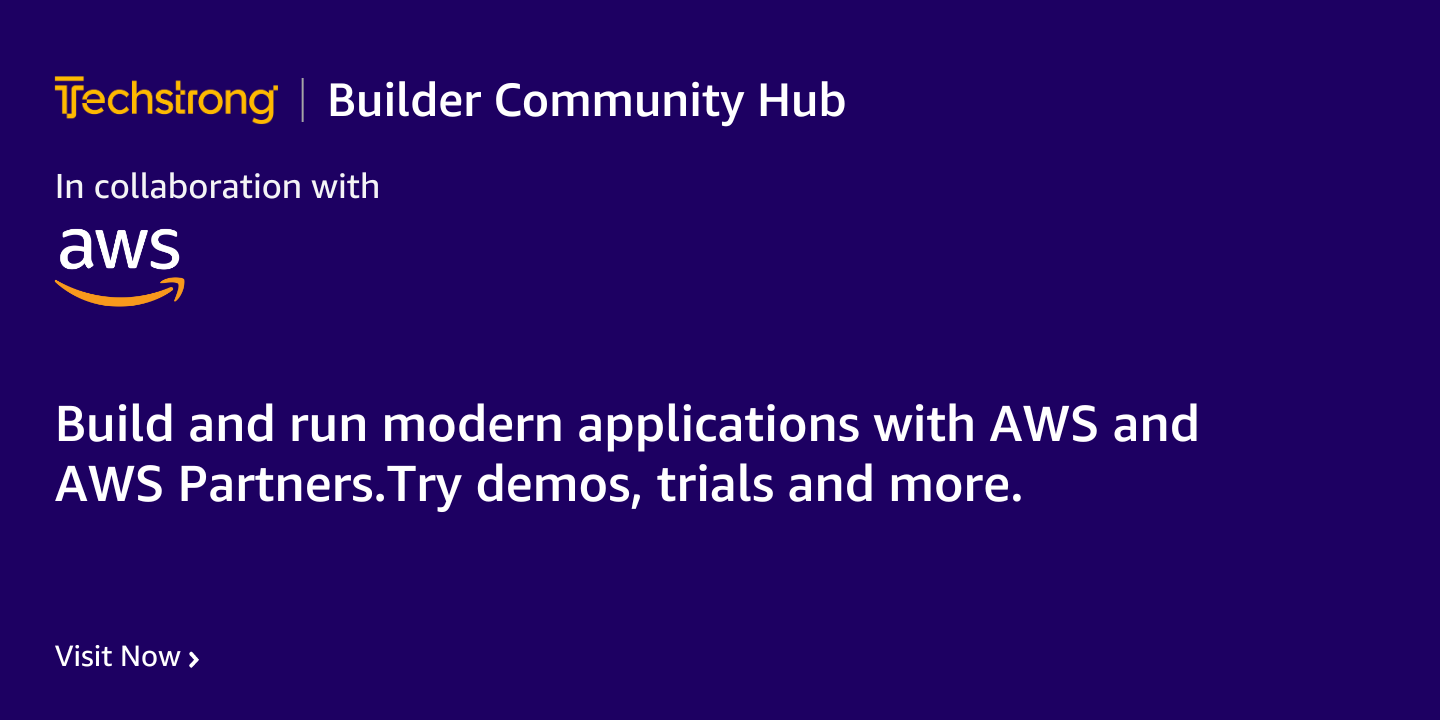
2023-10-20 17:28:28 Author: securityboulevard.com(查看原文) 阅读量:1 收藏
If your organization uses an ERP or other digital business applications to store and manage data, you could be at risk from some pretty spooky threats. With the increasing complexity of your IT environment, the risk of unauthorized access and data breaches has reached monstrous proportions. One of the culprits behind this risk is the presence of ghost accounts, entitlement creep, and unwanted guests (users) in your systems. This blog post will examine these issues and discuss how access governance can be a superhero solution to protect your organization’s valuable assets.
Ghost Accounts: The Phantom Threat
Ghost accounts are user accounts still active in your system but belong to individuals who no longer work for your organization or should not have access for any other reason. These accounts are often overlooked or forgotten, making them the perfect hiding spot for malicious actors. Ghost accounts can be created by former employees, contractors, or hackers who have successfully breached your systems and data.
The most targeted accounts for these bad actors are accounts with access to business systems and databases that have administrative access. Admin accounts offer the best information because they typically can grant access to other users in the system. Once cybercriminals gain access to these accounts, they can give themselves access to the keys of the kingdom.
The Dangers of Entitlement Creep
Entitlement creep emerges when individuals accumulate permissions and gain access to your applications, databases, and services. For instance, an employee who has been with the company for years will likely have accrued access to various applications, and they may no longer require or use certain access privileges as they transition between roles and departments. Entitlement creep heightens security risks in two distinct ways:
Firstly, a user account holding excessive access becomes vulnerable in case of lost or stolen credentials. In such situations, surplus access privileges can significantly expand the attack surface for malicious actors, allowing the theft of sensitive data or the potential to cause harm to your network.
Secondly, an employee departing the company under contentious circumstances with excessive access could potentially exploit it to damage your systems or steal data and trade secrets.
Furthermore, entitlement creep can give rise to compliance concerns. In heavily regulated industries, individuals having access to sensitive data they shouldn’t possess can result in non-compliance. When compliance failures are detected, they often entail nightmarish costs and damage to your reputation.
Unwanted Guests: Unauthorized Access
Unwanted guests are individuals who gain access to your systems without proper authorization. They can be hackers, disgruntled employees, or even well-meaning employees who inadvertently access sensitive data they shouldn’t. Unauthorized access can have grotesque consequences, ranging from data theft and financial loss to damage to your organization’s reputation.
The Role of Access Governance
Access governance is a proactive approach to managing user access and permissions within your organization’s IT systems. It helps your organization maintain control over your systems, prevent ghost accounts and entitlement creep, and effectively deal with unwanted guests and eerie behavior. Here’s how access governance can be a vital tool in combatting security nighmares:
Identity Lifecycle Management: Policy-Based Identity Lifecycle Management (ILM) handles user identities and their associated access and permissions to your organization’s IT systems based on predefined policies and rules. It involves the entire lifecycle of your user’s identity, from onboarding (when a new user is granted access) to changes in roles or responsibilities and, finally, offboarding (when access is revoked upon departure).
Policy-Based Access Control (PBAC): PBAC is a key component of access governance, allowing your organization to assign permissions based on your organization’s access policies. This prevents entitlement creep by ensuring users access only the resources necessary for their job.
Organizations with complex enterprise systems require Identity Life Cycle Management solutions to control access for onboarding employees, contractors, and third parties. Any change to work assignments or departures from the organization requires immediate updates to security privileges in compliance with access policies to ensure your users only have access to what they need while removing access they don’t need.
Regular Access Reviews: Periodic access reviews are conducted based on policy-defined schedules. These reviews involve managers and data owners validating that users still require their assigned access. Any deviations or discrepancies can trigger actions based on your established policies. This process helps identify and rectify any instances of entitlement creep or ghost accounts.
Automated User Provisioning and Deprovisioning: Automated provisioning and de-provisioning of user accounts simplify user access management, reducing the risk of ghost accounts lingering after employees depart.
Access Certification: Periodic access certification campaigns involve managers and data owners verifying that users have appropriate access. This process helps prevent unauthorized access and ensures accountability.
Audit Trails and Monitoring: Access governance tools often include audit trails and monitoring capabilities that allow your organization to track and investigate suspicious activity, such as unwanted guests trying to access systems.
As Halloween approaches it’s important to remember that the worst monsters are real. Ghost accounts, entitlement creep, and unwanted guests pose horrific security risks to your organization in today’s interconnected underworld. Access governance provides a strong framework to address these issues and maintain the integrity of your IT systems and databases. By implementing identity lifecycle management, PBAC, regular access reviews, and other access governance practices, your organization can guard its candy, protect sensitive data, and reduce the risk of data breaches and unauthorized access. In an era where data security is paramount, access governance is essential for ensuring the safety of your systems and your organization.
如有侵权请联系:admin#unsafe.sh
